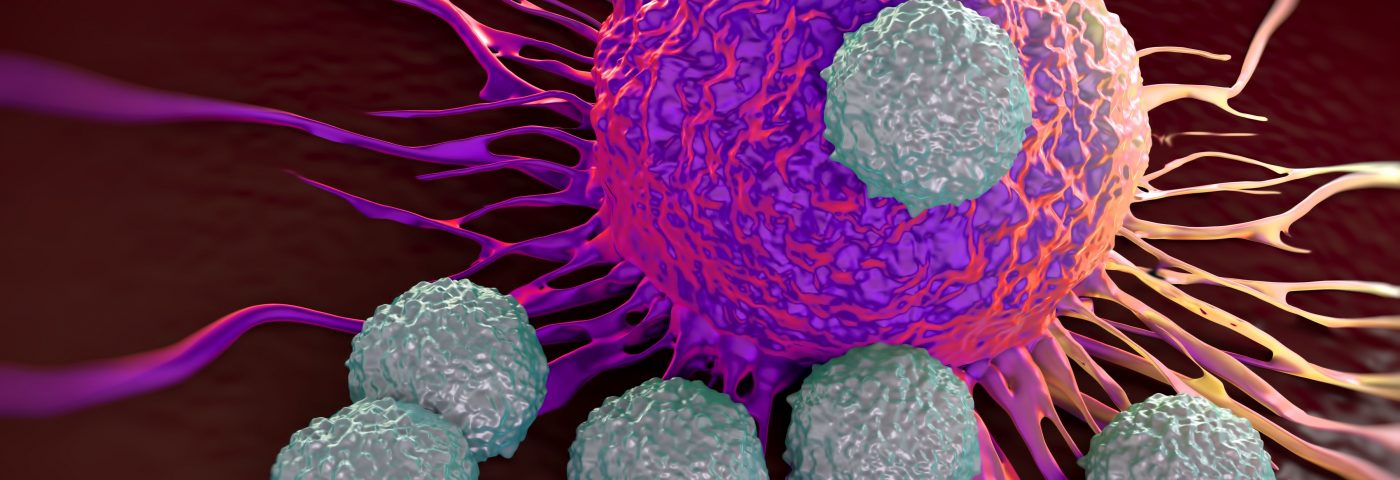Almost 25% of patients with metastatic bladder cancer responded to treatment with Opdivo according to an ongoing Phase 1/2 clinical trial. For almost half of the patients, the drug led to somewhat better prognosis.
The results were presented at the 52nd Annual Meeting of the American Society of Clinical Oncology (ASCO) earlier this month in Chicago.
About the clinical trial
The clinical trial called CheckMate 032 is evaluating the safety and efficacy of Opdivo on its own or in combination with another drug called Yervoy in advanced or metastatic solid tumors.
The study enrolled 78 participants with advanced or metastatic urothelial cancer, the most common type of bladder cancer. All participants had previously received one or more lines of platinum-based chemotherapy. Patients were given Opdivo every two weeks until progression or discontinuation.
The results showed that in patients treated with Opdivo, the objective response rate (ORR) was 24.4%. ORR is defined as the proportions of patients who achieve a complete response (complete disappearance of the tumors) or a partial response (30% or more decrease in the size of target tumors). In addition, the overall survival rate of the patients after one year was 45.6%.
“We are encouraged by the response rates and overall survival data observed with Opdivo in CheckMate -032, which supports the ongoing Phase 2 study in this cancer,” said Dr. Jean Viallet, global clinical research lead in oncology at Bristol-Myers Squibb, in a press release, “Through our Immuno-Oncology research across different tumor types, our goal is to help more patients achieve quality long-term survival, and we look forward to further study of our Immuno-Oncology agents, including the Opdivo and Yervoy combination, in advanced bladder cancer.”
About Opdivo
Opdivo works by blocking the PD1-receptor found on certain surface cells of the immune system called T-cells. By doing so it can halt the effect of certain cancer cells which inhibit the ability of T-cells in recognizing and destroying them. Activation by Opdivo may also cause T-cells to attack non-tumor cells.
Opdivo is already approved by the U.S. Food and Drug administration (FDA) for the treatment of certain advanced types of other cancers, such as melanoma, lung cancer, kidney cancer, and Hodgkin lymphoma.
The safety profile of Opdivo in bladder cancer was consistent with the known safety profile in other tumor types. The most common side effects were fatigue, severe itching of the skin, rash, nausea, joint pain and anemia. One patient developed pneumonitis, or inflammation of the lung tissue and one patient developed thrombocytopenia or platelet deficiency.
About bladder cancer
Bladder cancer is the ninth most common cancer in the world. It is estimated that 430,000 people are diagnosed with bladder cancer each year. Most cases of bladder cancers are diagnosed early, but in 78% of cases, the cancer comes back within five years.
“Urothelial carcinoma is the most common type of bladder cancer, accounting for approximately 90% of bladder cancer cases. Patients with advanced stages of the disease face high rates of disease recurrence and progression, making new research an extremely important factor to address this high unmet medical need,” said Dr. Padmanee Sharma, professor at the University of Texas MD Anderson Cancer Center and a study investigator.


